Friends, Faces and Facades - The Truth Behind the Failure of Identity Struggle and SonNetShirts

We are not comfortable with drama, we dislike being caught up in personal controversy, and we really do not like talking about people in the manner in which we are about to talk. But a shepherd's job is not only to feed the sheep, he must also occasionally run off the wolves. The wolves don't like being run off, so they cause drama when they resist. Sometimes we have to fulfill that function, whether we like it or not.
Sadly, it happens quite often, that there are people whom we think that we know, and may even think that we love, but when we really get to see them for what they are, we find that they are not the people that we know at all. Sometimes, even when people seem to support our cause, they are really only doing it in order to get more support for themselves, to draw people off after themselves. It is often difficult to tell who is a sincere fellow-worker, and who is looking to subvert a cause for their own gain. But whether they are sick or sinful sheep, or whether they are actually wolves in sheep's clothing, is often difficult for us to tell. So we must judge them by their works, and let Yahweh our God sort them out in the end.
Recently we have had some divisions in our own fellowship, and our wider Christogenea community. So accusations have been made on many sides. Often, accusations are made so that a person can cover for his own crimes, hoping that enough people believe his lies that he might seem credible to others. Some of the things we have experienced this year really disappointed and even sickened us. I was forced to close a couple of websites which I owned or managed for others, because the men who provided the content for them began preaching Napoleon Hill and Neville Goddard in place of the Gospel of Christ. These men, sputtering some ridiculous so-called “law of attraction”, started uttering prophesies of their own personal enrichment and self-aggrandizement, while calling themselves pastors. They are still doing that on Youtube and elsewhere, but they are certainly no longer going to do it at Christogenea.

 Christianity in the Old Testament, Part 2, a presentation of Bertrand Comparet's Sermon, with our own Commentary
Christianity in the Old Testament, Part 2, a presentation of Bertrand Comparet's Sermon, with our own Commentary

 Christianity in the Old Testament, Part 1, an Introduction: What is a Catholic?
Christianity in the Old Testament, Part 1, an Introduction: What is a Catholic?

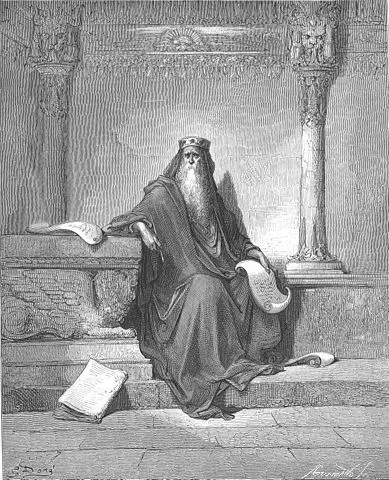
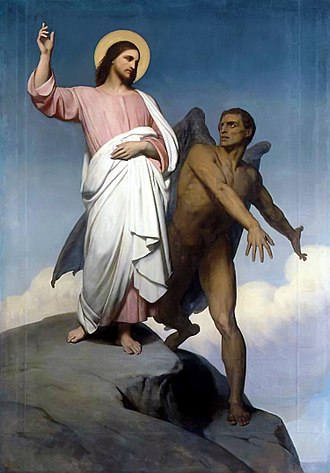

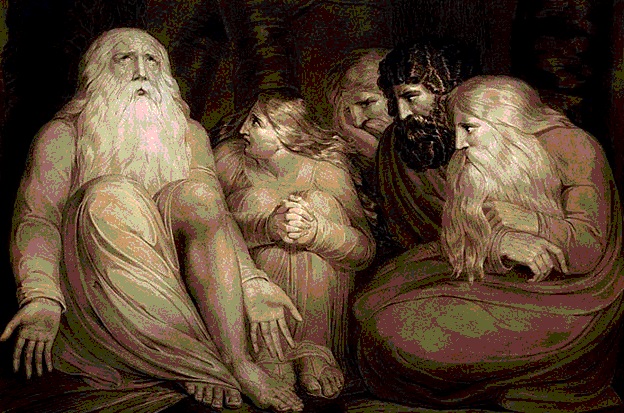 Once again, Clifton Emahiser joins William Finck to discuss a series of essays addressing those who would claim that there is no such an entity as Satan.
Once again, Clifton Emahiser joins William Finck to discuss a series of essays addressing those who would claim that there is no such an entity as Satan.
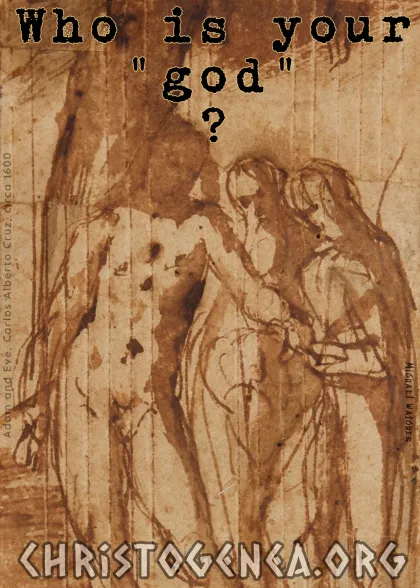


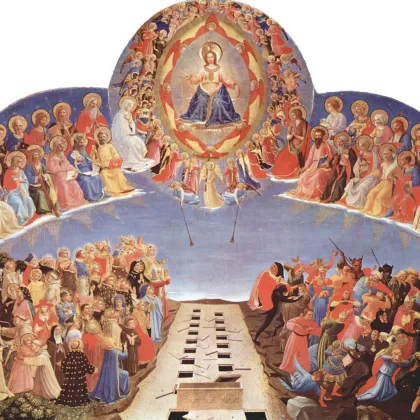


 A Critical Review of Bertrand Comparet’s Christianity Discriminates and We Face the Future
A Critical Review of Bertrand Comparet’s Christianity Discriminates and We Face the Future
 This evening, as we travel to Tallahassee to participate in some activities with the League of the South later this weekend, we are going to present two short sermons from Bertrand Comparet, entitled
This evening, as we travel to Tallahassee to participate in some activities with the League of the South later this weekend, we are going to present two short sermons from Bertrand Comparet, entitled 
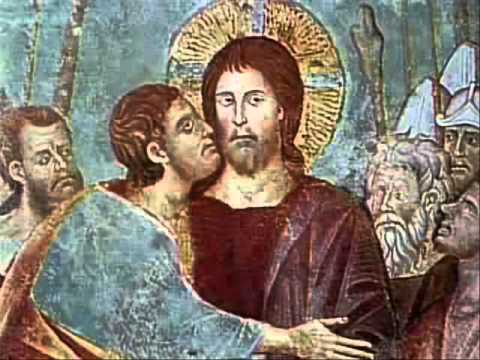
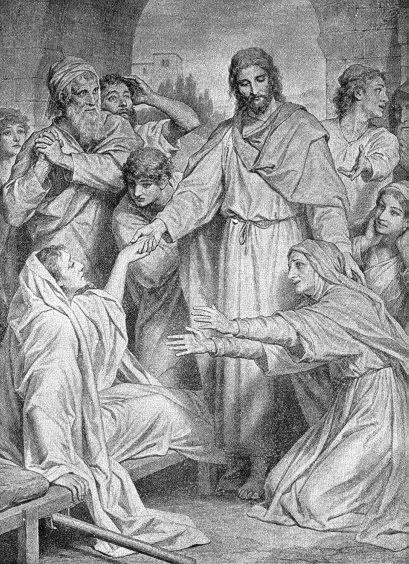
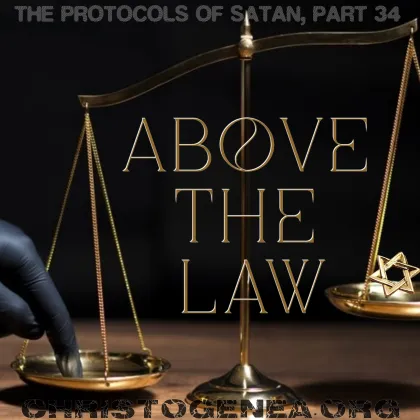




 Please click here for our mailing list sign-up page.
Please click here for our mailing list sign-up page.







